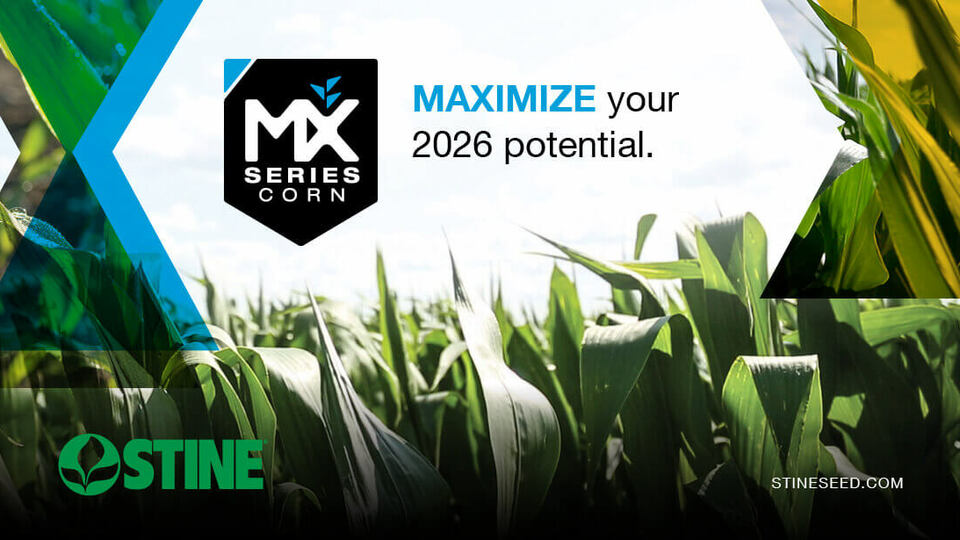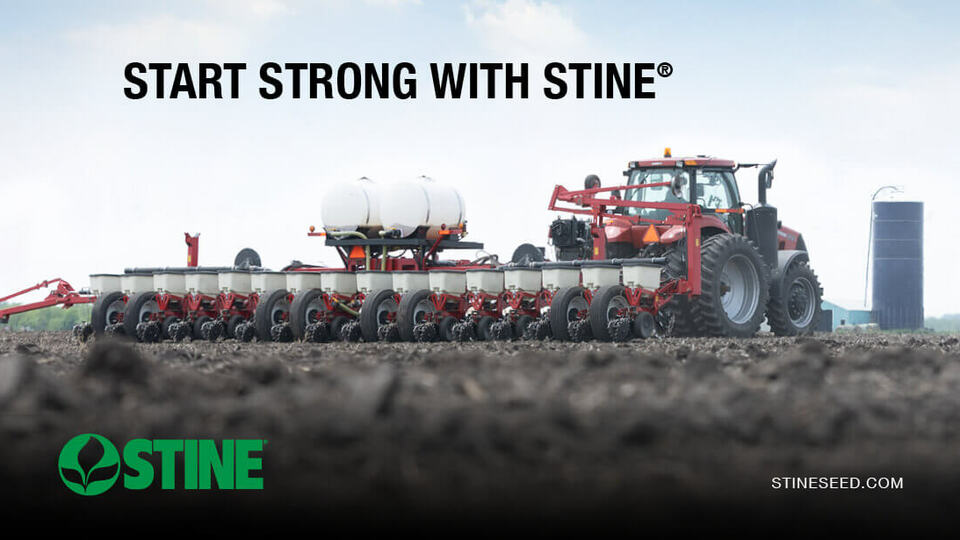In many ways, Stine has a unique position in the corn industry. When it comes to conventional corn hybrids, while many seed companies rely on dated genetic material, Stine produces newer, higher-yielding conventional corn genetics each and every year.
Breeding Program
At Stine, we operate one of the most prolific corn breeding programs in the world, and we’re one of the only corn companies in the industry that develops new conventional genetics.
The entire breeding process takes about six years and begins when two Stine Elite corn lines are crossed to make a new population, which will serve as a source for new inbred lines. After the first U.S. growing season, this seed is sent to Stine’s breeding facility in South America, where researchers can turn a generation of corn every 90 days; this allows us to produce four generations of corn each calendar year in a field environment. We call this process our fast generation breeding program, which accelerates the timeline so that we’re able to begin testing new lines within two years — faster than most other companies.
The next step in the process is our Pre-Elite Yield Trials, where we take seed that’s at the end of its fourth-generation growing cycle, select the top lines from that seed and send it to several testing locations throughout the United States. Like all our trials, our Pre-Elite Yield Trials are tested in six-row plots, unlike most competitors who test in only two- or four-row plots. We plant more rows to collect more data, which gives us more authentic results.
A small percentage of Pre-Elite Yield Trial lines then pass through the next and final phase of our breeding program —Elite Yield Trials. Through our Elite Yield Trials, seed undergoes at least three more years of testing before heading into production, where only the best and highest-performing seed advances to market.
Why Conventional?
At Stine, we understand that delivering high-quality, high-performing genetics is the foundation for good seed. As an independent seed company, we need a base of elite conventional germplasm to use with any traits that we choose to work with. This reason is why we keep our base breeding program conventional. After you have a solid foundation, the rest will fall in place, including traits.
Second, we understand that not every situation warrants traited corn. The ‘one-size-fits-all’ approach to corn traits may be good for the trait providers, but isn’t always in the best interest of the grower.
We’re pleased to offer growers a number of conventional corn lines for the 2020 season. With our line of conventional seed that has passed the rigors of our breeding program, growers don’t have to lose yield potential when they forgo the traited-package. Our conventional corn lines are economical and deliver high-quality, high-performing genetics.
Related Articles
-

Leveraging drone technology for improved research
February 2026 in Agronomy
-

MX Series Corn by Stine®: Proven performance for 2026
January 2026 in Agronomy
-

Start strong with Stine®: Maximizing your 2026 potential
January 2026 in Agronomy
-

Stine® to offer Syngenta’s Victrato® soybean seed treatment in 2026
December 2025 in Agronomy



